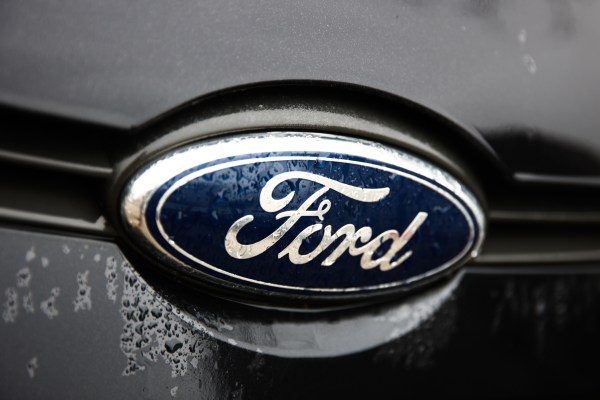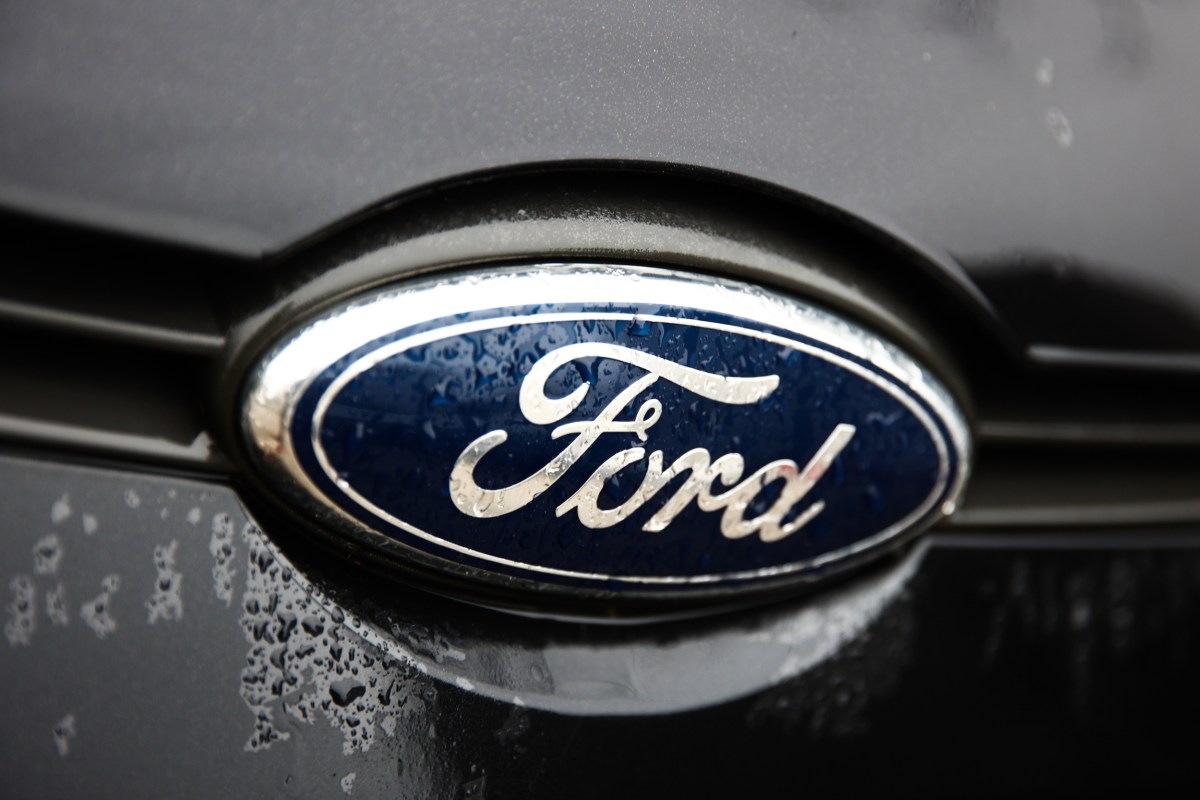
Ex-Tesla and Ford Advanced EV development boss Alan Clarke is leading a Ford skunkworks project to develop a low-cost electric vehicle, TechCrunch has learned.
Ford CEO Jim Farley made a brief reference Tuesday during the company’s fourth-quarter earnings call that a “skunkworks” team had been created to create a “low-cost” EV platform. TechCrunch has since confirmed that Clarke is leading the skunkworks project, which is about two years old and based in Irvine, California. It includes engineers from Auto Motive Power, or AMP, the EV power startup that the automaker acquired in November 2023. AMP founder Anil Paryani, who coincidentally overlapped with Clarke for about five years at Tesla, is also part of the skunkworks project.
The skunkworks project is working on a third-generation EV. A Ford spokesperson declined to provide more details around the project or its timeline. However, based on Farley’s comments Tuesday — and a year ago — it’s likely that the skunkworks project is focused on cost, smaller EVs and efficiency, including the battery.
“We’re also adjusting our capital, switching and more focused onto smaller EV products,” Farley said during the company’s earnings call. “Now this is important because we made a bet in silence two years ago and we developed a super-talented skunkworks team to create a low-cost EV platform. It was a small group, a small team — some of the best EV engineers in the world — and it was separate from the Ford mothership. It was a startup and they’ve developed a flexible platform that will not only deploy to several types of vehicles, there will be a large install base for software and services that we’re now seeing at Pro (the company’s commercial unit).”
Ford has scaled back some its EV investment plans in recent months — including the delay of $12 billion in investments — as it adjusts to softening demand for certain categories of battery-electric vehicles and an increased appetite for hybrids. But the automaker is still putting money towards future products. Last May, Farley revealed details for its second-generation EV platform, which will be the basis of the T3 electric truck and three-row SUV that are going into production in 2025.
“All of our EVs teams are ruthlessly focused on cost and efficiency in our EV products, because the ultimate competition is going to be the affordable Tesla and the Chinese OEMs,” Farley said.
In 2022, Ford restructured its company into three distinct units: its commercial business Ford Pro, its traditional internal combustion engine and hybrid business Ford Blue and Ford Model e, which focuses on connectivity and electric vehicles.
The company’s profits have come from sales of gas-powered and hybrid vehicles as well as growth at Ford Pro. Ford’s EV business continues to drag down its earnings.
Ford reported Tuesday revenue of $46 billion in the fourth quarter of 2023, a 4.5% increase from the same year-ago period. Of that, Ford Blue represented the largest slice of revenue at $26.2 billion while Ford Pro delivered $15.4 billion in revenue. Ford e, the company’s EV unit, generated $1.6 billion in revenue and Ford Credit brought in $2.7 billion.
Ford lost $526 million, or 13 cents a share, in the fourth quarter, compared to earnings of $1.3 billion, or 32 cents a share, in the year-ago period. The loss was largely due to special charges related to its employee pension programs and a reorganization of its overseas operations.
On an adjusted basis, the company earned $1.05 billion in the fourth quarter and $10.4 billion for the year.
The company said it expects to make between $10 billion and $12 billion in adjusted pre-tax earnings — a rosier-than-expected outlook that helped push shares 6.3% higher in after-hours trading.

